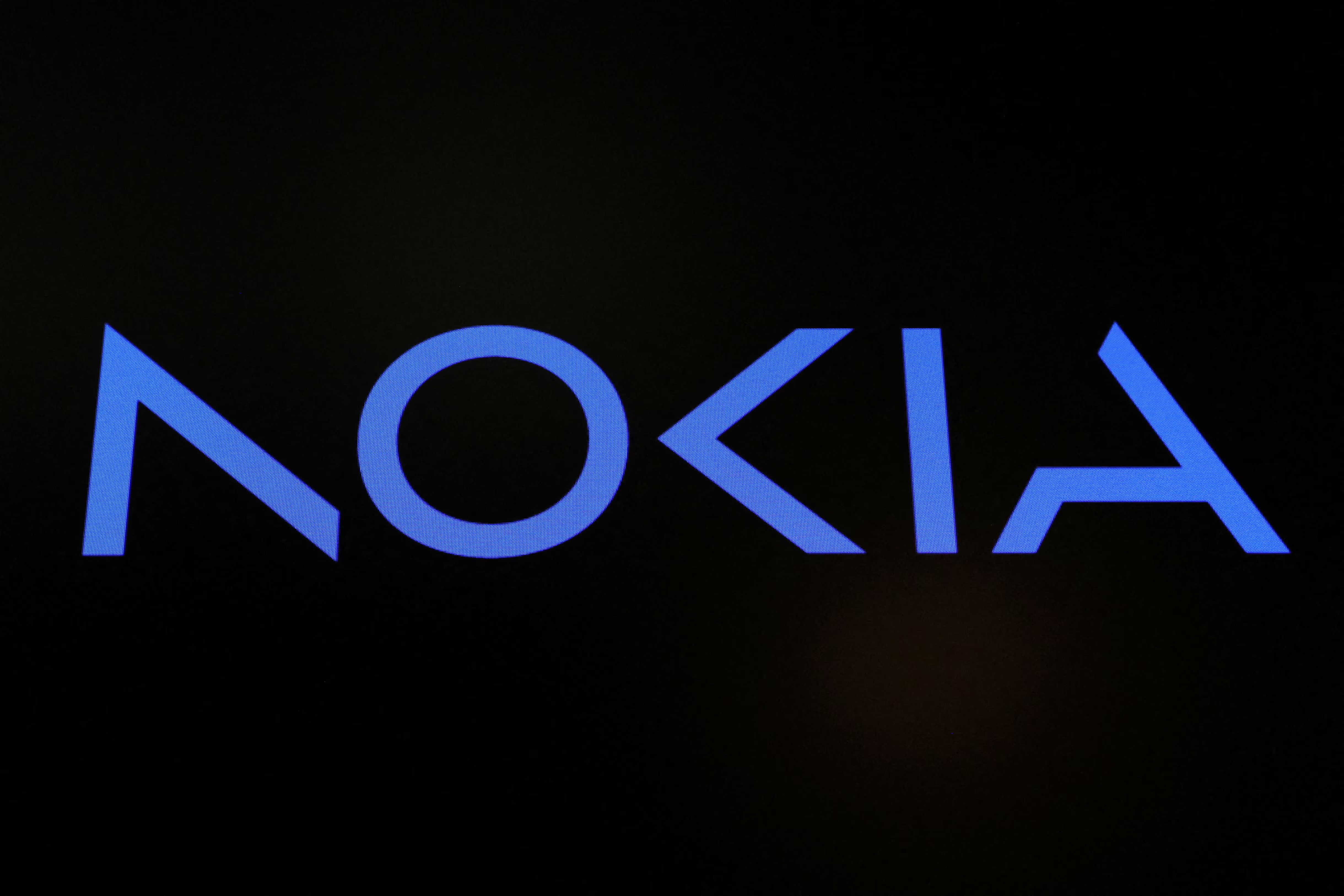Singapore Issues 13 Crypto Licenses In 2024, Outpacing Hong Kong’s Slow Progress

Singapore has granted 13 cryptocurrency licenses to major industry players, including OKX, Upbit, Anchorage, BitGo, and GSR, in the past year. This marked more than double the licenses issued by the city-state in 2023.
Meanwhile, Hong Kong’s efforts to establish itself as a crypto-friendly financial center have lagged, with its licensing process progressing at a slower pace, according to a recent report from Business Standard.
Both Singapore and Hong Kong aim to draw digital-asset businesses through dedicated licensing regimes, tokenization initiatives, and regulatory sandboxes. However, the cities’ progress in achieving these goals has been uneven.
EXPLORE: 20 New Crypto Coins to Invest in 2024
Hong Kong Has Licensed Just Seven Platforms
While Singapore’s streamlined approval process has made it a preferred destination, Hong Kong has fully licensed just seven platforms, four of which received restricted approvals in December.
Several prominent exchanges, including OKX and Bybit, have withdrawn their Hong Kong applications, citing regulatory challenges.
Hong Kong’s stricter rules, allowing trading only in highly liquid cryptocurrencies like Bitcoin and Ether, have further constrained its appeal. The exclusion of smaller tokens, known as altcoins, limits opportunities for crypto firms seeking broader market exposure.
China’s influence also weighs heavily on Hong Kong’s crypto ambitions, as the mainland’s blanket ban on cryptocurrency trading creates a unique risk profile for the city.
JUST IN:
Hong Kong SFC approves and lists four new #Bitcoin and crypto trading platforms.
China is getting prepared
pic.twitter.com/in0RdmRGfZ
— Bitcoin Magazine (@BitcoinMagazine) December 18, 2024
In contrast, Singapore offers a more stable and supportive environment for digital-asset firms, according to David Rogers, regional CEO at market maker B2C2 Ltd. He described Singapore as a “safe, long-term choice” due to its balanced regulatory approach.
Both cities have made strides in fostering institutional blockchain adoption. Singapore’s Monetary Authority launched Project Guardian and Global Layer 1 in November to advance asset tokenization.
Meanwhile, Hong Kong facilitated the sale of $770 million in digital green bonds using HSBC’s tokenization platform.
Despite these efforts, Hong Kong’s attempts to generate enthusiasm for digital-asset products have fallen short. The city’s spot Bitcoin and Ether ETFs, launched in April, have attracted just $500 million in assets—far behind the $120 billion managed by similar products in the U.S.
EXPLORE: 15 Best Anonymous Bitcoin Wallets with no KYC in 2024
Hong Kong Accelerates Crypto Regulation
Recently, the Hong Kong government announced plans to implement a mandatory crypto asset reporting framework by 2026.
The proposed crypto asset reporting framework will require tax-paying residents in the country to annually report their crypto accounts and transactions.
Furthermore, Hong Kong also said it is rolling out a plan to exempt private equity funds, hedge funds, and the investment vehicles of ultra-wealthy individuals from taxes on gains from cryptocurrencies, private credit investments, and other assets.
The proposal claims that taxation is “one of the key considerations” for asset managers when choosing where to base their operations. By creating a “conducive environment,” the Hong Kong government aims to attract global investors and crypto businesses.
EXPLORE: Best New Cryptocurrencies to Invest in 2024
The post Singapore Issues 13 Crypto Licenses In 2024, Outpacing Hong Kong’s Slow Progress appeared first on 99Bitcoins.








